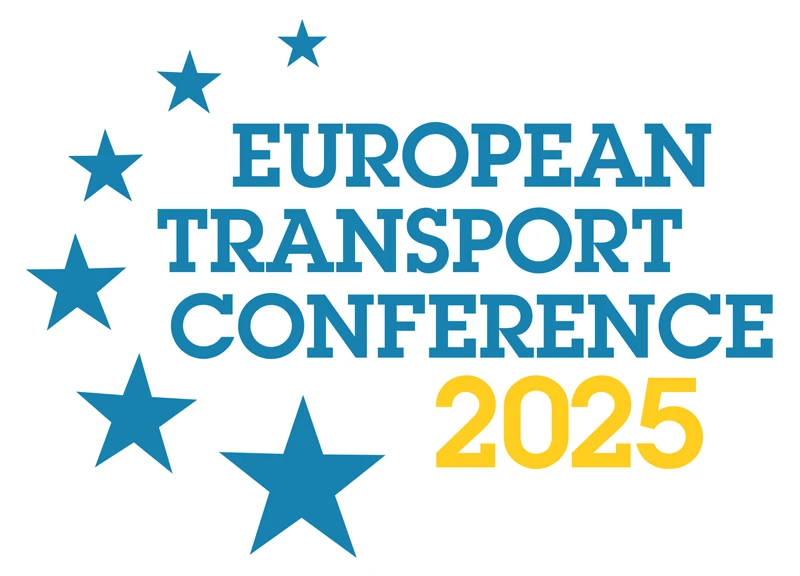-
Past ETC Papers

Browse, search and view papers from the past AET Conferences.
-
Members' Area

AET promotes networking and exchange of ideas, information and opportunities amongst members.
Conference Papers 2018
Dublin, Ireland
ETC Conference Papers 2018
Crowd Logistics - friendly gesture with bitter aftertaste
Seminar
Day 1 (10 Oct 2018), Session 3, Method, 16:45 - 18:15
Status
Accepted, documents submitted
Submitted by / Abstract owner
Julia Hornig
Authors
Dipl. Jur. Julia Hörnig, LL.B.
Christian Albrecht
Dr. Wouter Verheyen
Short abstract
Crowd Logistics getting consumers involved, which could go to the expense of their consumer rights due to the impact of International Transport Conventions.
Abstract
Friendly neighbours helping each other and earning some money at the same time. What sounds like a great idea, whereby the society sharing it’s time and ability, is problematic from a legal point of view.
Crowd logistics enable a relation between private parties that are in need of a carriage and those that are willing to carry their dispatch. This includes situations, whereby the purchases in a supermarket are carried to the own door or those cases, whereby a new bed has to be carried from Ikea in Germany to a house in the Netherlands. Within Europe, it is likely that the parties carry the goods either by car on the road or in a train by taking smaller items with them. Further, the carriage by air seems possible if one thinks of tourists taking items back from holiday in the plane.
The most important compulsory regulations in this regard might be the CMR for the International carriage of goods by road and the COTIF-CIM for the International carriage of goods by rail. Wheras the examples involved private parties, the Conventions on International Transport law do not distinguish between business and private persons but rather look at whether the carriage was performed for reward or not. With regards to the carriage by air, the Montreal Convention does not even require a reward in exchange for the carriage. The consumer protection rights run dry if the consumer is acting in fields mandatorily governed by rules aiming to regulate the relationship on professionals. The charming idea to improve the Mediterranean style of the own flat by asking a person on vacation in Rome to take a vase on the way home gets a bitter aftertaste.
The European Union established a high standard of consumer protection. And although the EU is a member of the Montreal Convention and the COTIF-CIM, it is also bound by their mandatory and exclusive character. The comprehensive liability regime of the Conventions does not leave any room for the high consumer protection standard. However, the Conventions are only mandatory if they provide rules on the specific topic. Contrary to the manifold provisions on the liability rules, they are lacking substantive rules of the content as to contracts of carriage. The carrier’s identity under the Conventions remains uncertain. It is not clear whether the carrier is necessarily the one operating the engine of the transport mode. Art. 39 MC the “actual carrier”, Art. 27 COTIF-CIM “substitute carrier” or Art. 3 CMR “any other persons of whose services he makes use for the performance of the carriage” allow a delegation of parts of or the entire carriage. A consumer could apparently be a contractual carrier ensuring the carriage of the personal item while delegating the mode-related carriage to the professionals. Under this presumption, the consumer could be liable for the entire transport according to the specific transport Convention.
The Transport Conventions were not drafted for private parties, which is why one option might be to interpret their scopes restrictively. Another option would be to engage the platform operator. It could firstly inform the consumer about the risks, which seems unlikely as it would be a hindrance for using the platform service. Further, the European consumer law could be considered as lex specialis over the transport law. A second and more fruitful idea would be to apply the recent ruling of the ECJ (C-434/15) on the platform in order to consider the platform itself as carrier. Although a broader interpretation is not advisable with regards to consumers, as they are not the attached group of persons, a rather flexible interpretation in relation to the professionals of the platform seems expedient.
Programme committee
Young Researchers' and Practitioners' Forum
Topic
New Mobility patterns, Digitisation and Mobility as a Service
Documents:
Association For
European Transport
Forester House
Doctors Lane
Henley-in-Arden
Warwickshire, UK
B95 5AW
+44 (0) 15 64 793552
VAT number: 710 1866 64
Conference Supporters & Endorsers




Legal Entity
The Association for European Transport is registered as an Association ('vereniging') with the Chamber of Commerce for Haaglanden in The Netherlands under company number 27170096.
Built on Zenario




